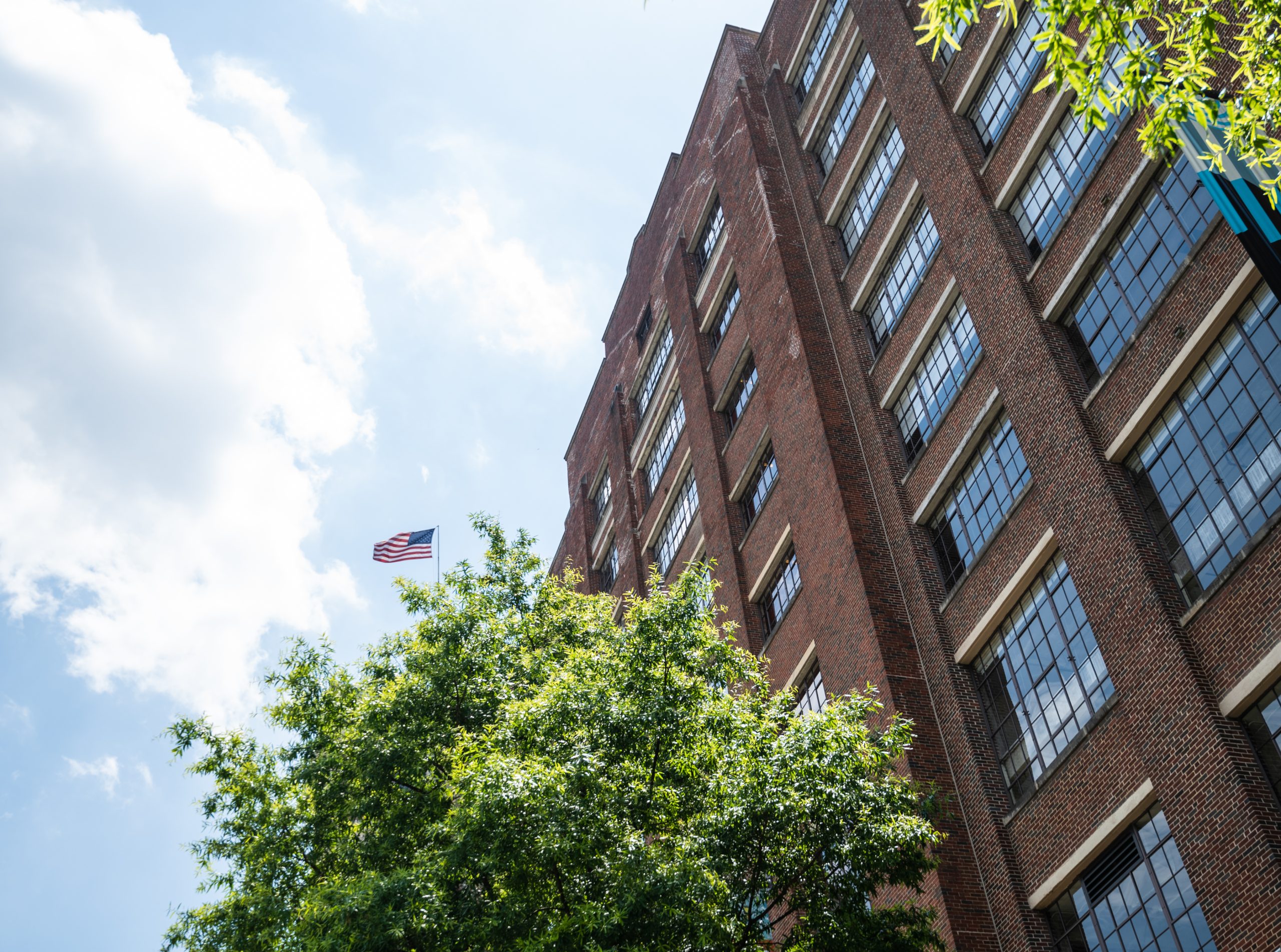A recent news article lamented the lack of interest among younger adults in serving as police officers or in the military. It described many police departments as significantly understaffed and having a hard time meeting their recruiting goals. According to the same article, only 9% of young adults would even consider joining the military. Military leaders are warning about a future lack of global preparedness because of the low number of recent volunteers.
Clearly, younger adults are listening as cultural leaders devalue the police (consumed by brutality and racism) and demonize the military (representing imperialism and exploitation). Their conclusion is predictable: rejecting public service by shunning the embarrassment of being associated with these shameful institutions. While the aforementioned article did not include comments about politicians, it’s also hard to imagine many young adults choosing governmental service as well.
My upbringing was steeped in love for country, respect for community, and appreciation for public service. My parents insisted I stand for the anthem, salute the flag, respect political leaders (even those we disagreed with), and appreciate cops and soldiers. Schools taught citizenship, including both appreciation for my rights and acceptance of my responsibility for insuring those rights for all Americans. My church challenged me to be a patriotic Christian, without endorsing Christian nationalism.
Another aspect of citizenship training was embracing American exceptionalism, not American perfectionism or superiority. Our nation was founded on the dream of a “more perfect union,” not a perfect union. While we are not a perfect country, we are a source of far more positive impact than negative. Part of our uniqueness has been the Judeo-Christian worldview baked into our governing assumptions—thus leavening, though not fully defining our identity. We are a nation under God, and that is part of who we are and helps explain how we have thrived.
Because of this, public service must be reclaimed as a cultural value and worthwhile profession. Doing this must rest on convictional beliefs like those summarized above which form a healthy and balanced patriotic identity. Changing the narrative also includes confronting biased media portrayals of public servants, refusing to stereotype negative behaviors by individuals and extrapolating them to groups, and being unwilling to dismantle institutions to correct egregious behavior by flawed individuals.
For Christians, there is an additional reason to choose public service occupations. Jesus elevated service, making it a noble endeavor, when he said, “The greatest among you will be your servant.” Public service professions are a high-calling, not a demeaning second-options for the less gifted. Reclaiming that cultural conviction will be challenging given the current negative milieu.
If you are a younger American, consider a career serving your country and community. America is worth it, because of what we stand for on our best days. Yes, there are problems—and always will be—but men and women of high character serving others is part of the solution. We need some of our best and brightest to be police officers, join the military, and take on other public service jobs. These are worthy and worthwhile occupations—and we need a new generation of Americans to step forward and serve with distinction.

